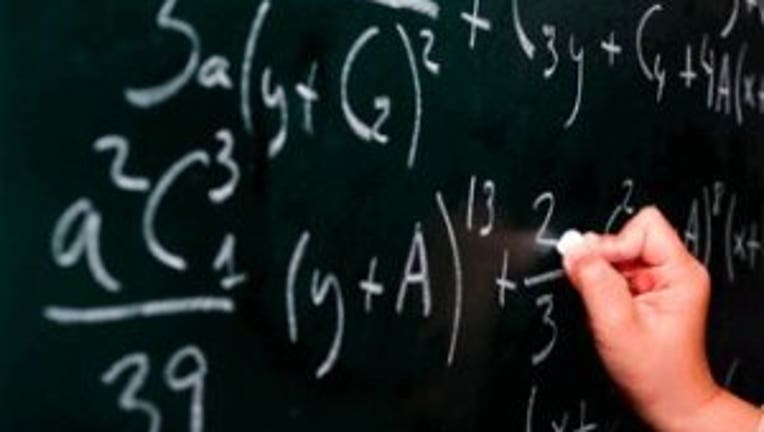Want to win $1 million? Get out the slide rule and pencil

DALLAS, Texas. -- Mathletes across the country are sharpening their pencils and pulling out their calculators in order to solve a math equation -- and the right answer will result in a $1 million prize.
The American Mathematical Society increased its prize for anyone who can solve the Beal Conjecture, a number theory problem, to $1 million, the organization announced Thursday.
The Beal Conjecture states that the only solutions to the equation Ax + By = Cz, are when A, B, C, are positive integers, and x, y, and z are positive integers greater than 2, and are those in which A, B, and C have a common factor.
By way of example, 33 + 63 = 35, but the numbers that are the basis have a common factor of 3, so the equation does not disprove the theorem; it is not a counterexample.
The prize and conjecture are named for D. Anderw "Andy" Beal, a Dallas banker who has a strong interest in number theory.
The prize for solving the Beal Conjecture is not the only $1 million prize for the solution of a mathematics problem. In 2000, the Clay Mathematics Institute created seven $1 million prizes for problems now known as the Millennium Problems. One, the Poincaré Conjecture, was solved by Russian mathematician Grigori Perelman in works he made public in 2003 (he turned down the monetary prize).
To see the complete list of rules regarding the prize, click here.

